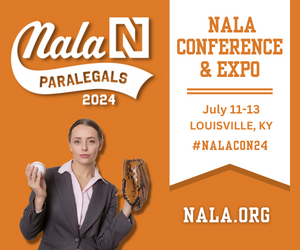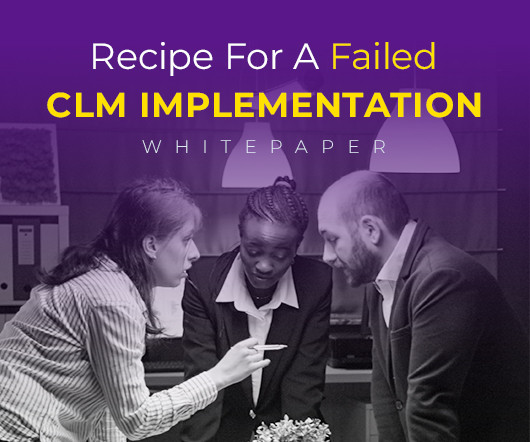Congress Passes CALM Act to Restrict Loud Commercials
Broadcast Law Blog
DECEMBER 3, 2010
Yesterday, the House of Representatives passed the CALM Act, directing the Federal Communications Commission to adopt regulations controlling the volume of commercials on television broadcast stations, cable systems, satellite, and other multichannel video programming providers. This bill was passed by the Senate in September. Once signed by the President, the Federal Communications Commission will be required to adopt a rule to implement the legislation within one year, and the rule is to becom























Let's personalize your content